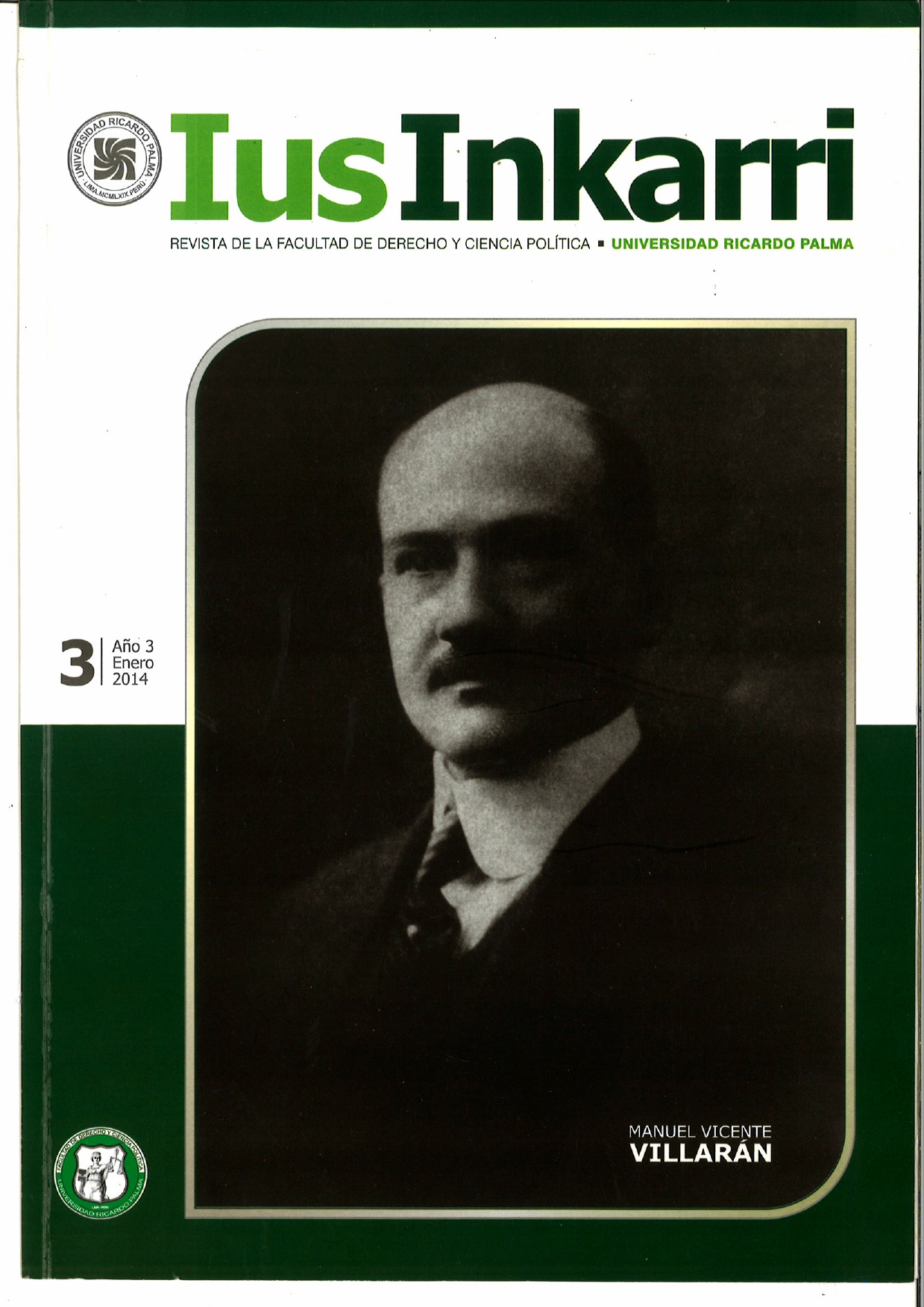Parliaments versus courts: about the will of the majority and fundamental rights in the civil union bill
DOI:
https://doi.org/10.31381/iusinkarri.vn3.4142Keywords:
courts, skills, interpretation, tolerance, creation, fundamental rights, constitutional recognition, legal union, marriageAbstract
The existence of controversial issues is not new in the law, even less in constitutional law. Indeed, issues such as abortion, euthanasia or marriage between persons of the same sex have always generated the most heated debates in any society that can be described as democratic. And the proof of it not only leads to arguments-most of the time, opposite-presented in the debate, but also is seen in the way how these disputes have been resolved. For example, at times these issues have been resolved by the Parliaments-for example, through the adoption of a bill allowing marriage between same sex or, in other times, have been the courts that have mediated in the dispute-as when a Constitutional Court rules that law marriage only between heterosexual couples is unconstitutional as damaging the principle of equality, in order to provide a solution, means ultimately the controversial issue. The position that the legitimacy of decisions should rest in parliament has been called "political constitutionalism", and has been advocated by many authors fervently. It is in good account of those who question the involvement of the judiciary in resolving debates essentially silent on controversial issues.
Political constitutionalism posits that controversial issues should be resolved by parliaments. These issues, of course, are also involved fundamental rights. However, from the positions reflecting constitutionalism, a large segment of the doctrine stated that fundamental rights belonging to a kind of "sphere of the undecidable", so its area in which should govern his tutelage could be the courts.
Downloads
Downloads
Published
How to Cite
Issue
Section
License
Copyright (c) 2021 Oscar Andrés Pazo Pineda

This work is licensed under a Creative Commons Attribution 4.0 International License.













